Sekt: Made in Austria
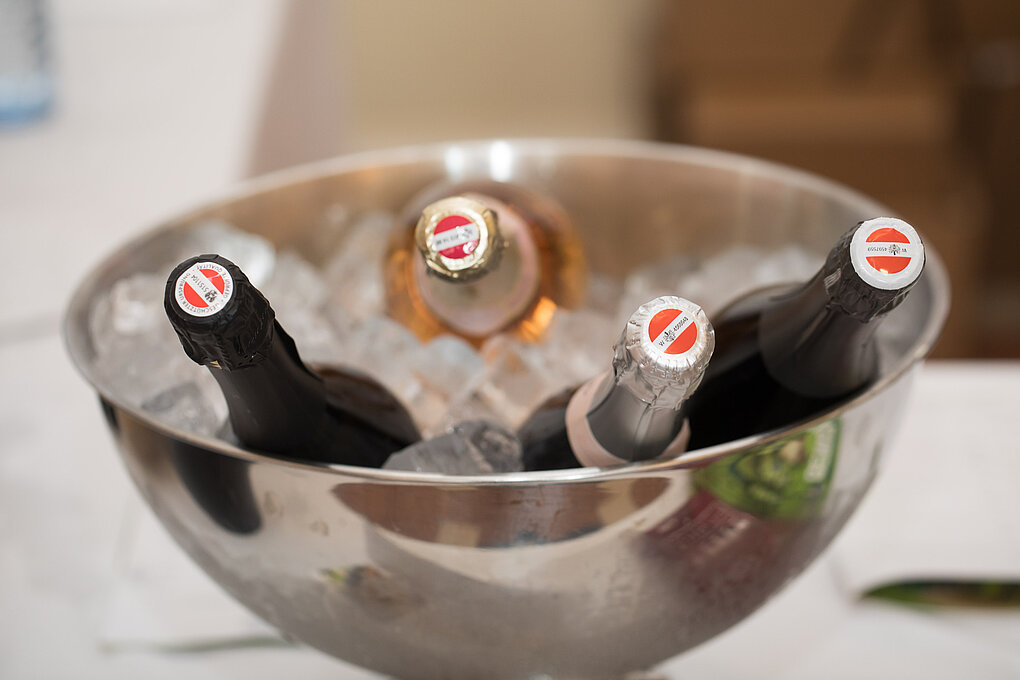
Sparkling winemakers in Austria are embracing and eschewing the boundaries of new regulations in pursuit of a definitive Sekt style.

Sparkling winemakers in Austria are embracing and eschewing the boundaries of new regulations in pursuit of a definitive Sekt style.
Gerhild Burkard is a self-employed architect who lost her heart to the world of wine, sparkling wine in particular. She won the title of "Champagne Ambassador of Germany" in a 2012 European competition by the “Comité Interprofessionnel du Vin de Champagne”. Since 2017, she has organized the “International Sparkling Wine Festival” in Europe accompanied by a Sparkling Wine Symposium. Gerhild is an IHK certified sommelier certification, organizes wine tours, and works for wine associations in Germany and abroad. She acts as an independent wine consultant, educator and wine journalist (Falstaff, Gault Millau). She lives in Cologne.
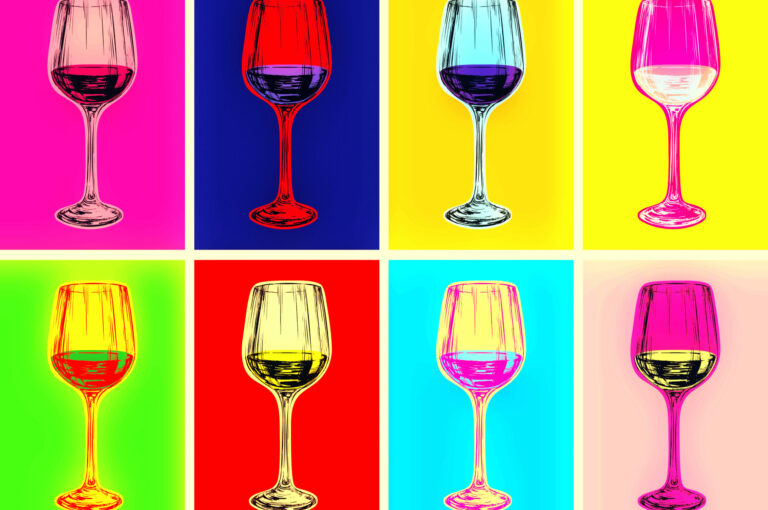
There’s no end to writings about how wine affects people. It begets relaxation and well-being, of course, but also stimulating discussion. The right bottle can be just the spark needed to light up a dull evening. But can certain wines channel our moods and perceptions — our very psychology — in different ways? This question was often posed by Wolf-Dietrich Salwey, a vintner who passed away in a car accident in 2011. Known for his unconventional character, Salwey routinely invited neighbors, colleagues, and friends to his estate in Oberrotweil in the Kaiserstuhl to explore the influence of specific grape varieties…...
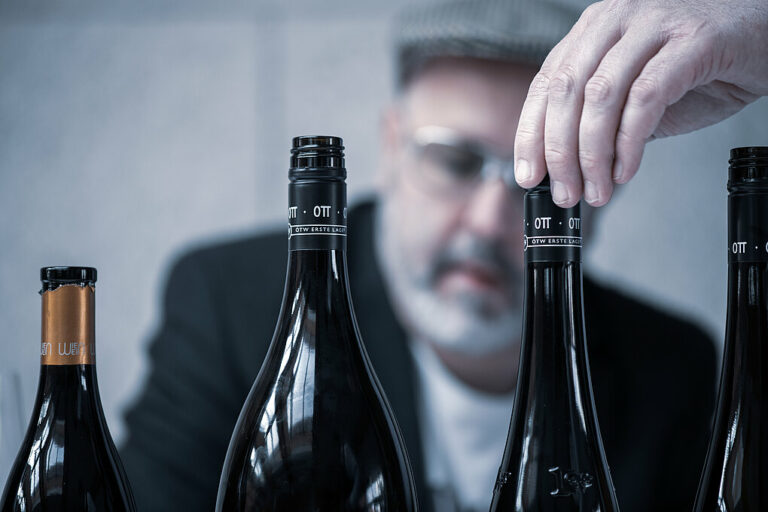
12/17/2021 Swine Wines in the Steiermark By Sebastian Bordthäuser In mid-October, Koch.Campus invited guests to a first-class pig-out in Trautmannsdorf, in Steiermark. “Going Whole Hog!” was the stated theme: two days of digging into the question of what differentiates the various heritage breeds from one another, and which provides the best meat. This combination of swine and wine catapulted the topic into the Champions League, and raised equally enthralling questions: Is there such a thing as terroir pork? Which wines are best suited to pair with various breeds? How much raw pork can I sample at 8 in the…...

Archetype, a Portland, Oregon-based import start-up, is focused on Alpine wines. They are refining consumer's understanding of the category and building community near and far.

Trink Magazine | Valerie Kathawala hazards forecasts for the future of wines from Alto Adige-Südtirol, Austria, Germany, and German-speaking Switzerland.
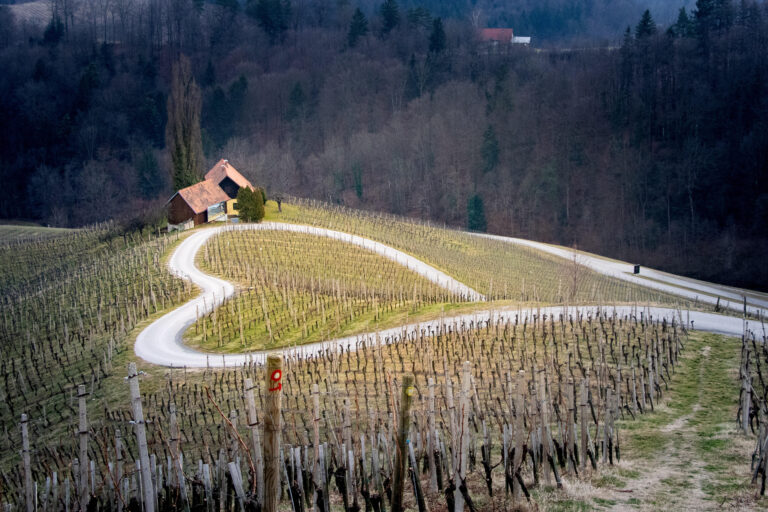
"It’s not about Südsteiermark or Untersteiermark. It’s about wine.”
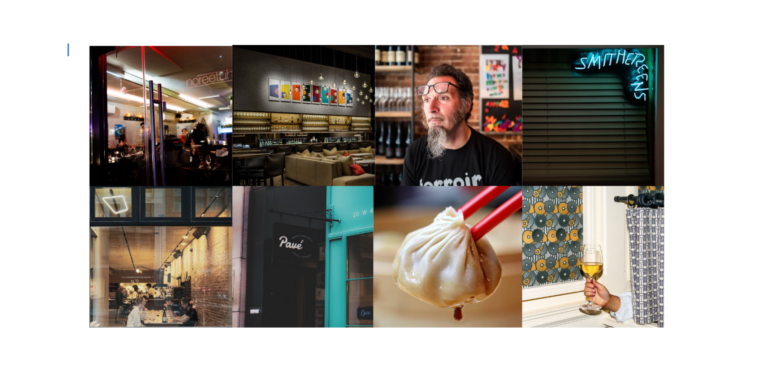
Whether you’re dropping into town for the bacchanalia that is Rieslingfeier or you’re a native New Yorker curious to get a taste of the latest and greatest in German and Austrian wines, here’s your hit list of bars and restaurants that make NYC the country’s best (if priciest) city to drink auf Deutsch. G = German focus A = Austrian focus Noreetuh (G) Manager and co-owner Jin Ahn has turned this decade-old Lower East Side Hawaiian spot into the city’s ultimate insider Riesling hangout. Ahn’s exceptionally well-informed list is divided into Rieslings “25 years of age or older” and “younger than…...
Enjoy unlimited access to TRINK! | Subscribe Today